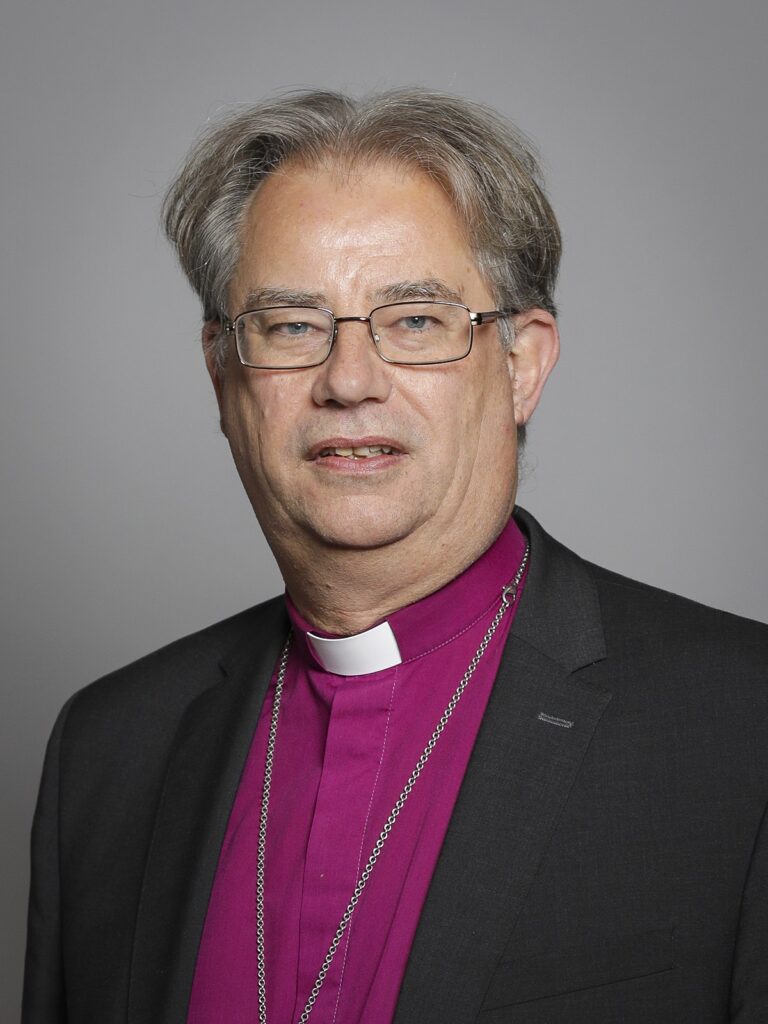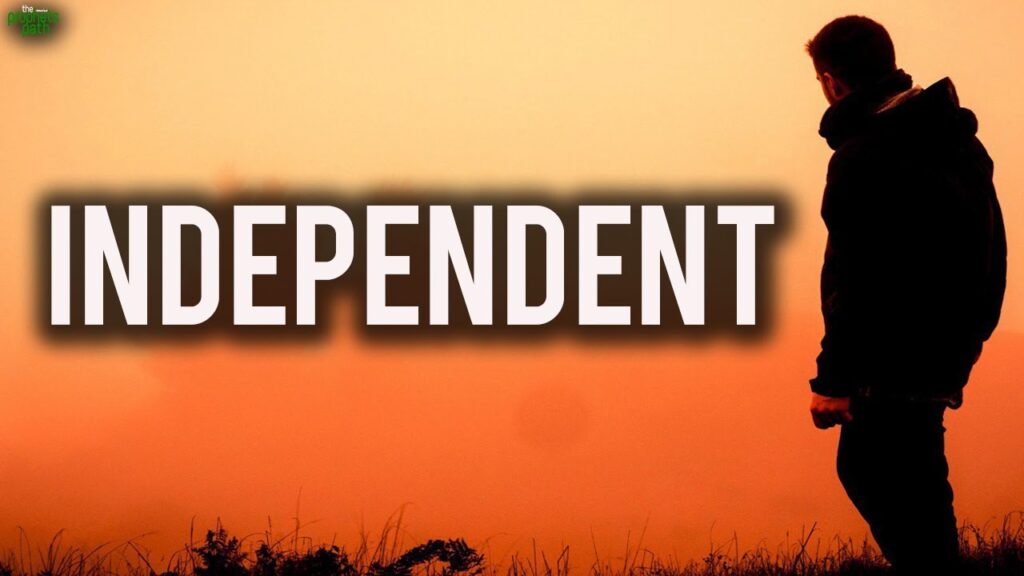By Martin Sewell

Shortly after joining General Synod in 2015 and following a maiden speech contributing to the debate of the Clergy (Risk Assessment) Regulations 2016, I found myself in the coffee queue alongside Archbishop John Sentamu. I had spoken critically, having contributed to commissioning some hundreds of such assessments, but the archbishop explained to me where I was reading the room wrongly. Essentially, I was seeking to align ecclesiastical legal process with secular safeguarding standards but, he said, “We are building a system suitable for the Church of England”.
Upon hearing of his being “stood back” from ministry following the Humphreys Review of the Devamanikkam case – and especially his “Old School” reaction to it – I could not but reflect that that project is now truly dead in the water and Sentamu’s assertion that Church Law trumps good (secular) safeguarding practice has delivered the coup de grâce.
The future of Church safeguarding must surely now involve the unequivocal embracing of secular standards of jurisprudence and about time too; ask the many, many abuse survivors who have campaigned for vital reform in the wake of the Matt Ineson case.
That case became, perhaps, the first very public cause célèbre because Matt had the courage and integrity to put his own name into the public domain as he told his harrowing story. When he saw one of the bishops who had wronged him promoted from Sheffield to the important see of Oxford, he protested outside Christ Church Cathedral at the enthronement. It was a low-key protest but it has become hugely symbolic.
He was joined by another hero of the safeguarding resistance, Gilo, as the great and the good largely passed by on the other side of the road and some inside were told that it was a “Families need Fathers” demonstration (so nothing really to do with the Church). One of the few clerics to break ranks, to engage and make the protestors welcome, was the Dean of Christ Church, Dr Martyn Percy. He did not ignore them; he brought them tea and sandwiches and let them use the toilets.
It may not have quite been the door at Wittenberg, but it proved to be an important event in the safeguarding life of the Church of England.
Many years later, Matt Ineson was offered a review of his case – with strings attached. “Old School” was at it again, reasserting its power over a victim and expecting gratitude. They found him awkwardly ungrateful.
If ‘Old School’ would not approach the matter in a modern collaborative way, consulting himself, Devamanikkam’s relatives, and Bishop Croft on the identity of the reviewer, and the terms of reference, Matt Ineson insisted that he would neither engage with the Review, nor permit his data to be used within it. ‘Old School’ ploughed on, ensuring from the outset that the Review could only ever assess part of the story.
Matt had told his story powerfully at IICSA – as had Gilo – but unfortunately the scope of IICSA closed just before the Smyth victims and Dr Percy could have their stories of cover-up and institutional bullying considered in that independent secular sphere, away from the corrupting influences of opacity and unaccountable power. There remains much unfinished business within the pursuit of cultural change.
Yet the Humphreys Review is not without value; it tells part, though far from all of the story, and the Church of England must now consider its response. If this is to be another step on the long slow journey towards integrity, the de facto suspension of the former Archbishop of York from ministry must be followed by the suspension of the current Bishop of Oxford pending a comprehensive re-examination of both their places within this story and beyond.
Bishop Croft has the historic misfortune of standing in the eye of a perfect storm of safeguarding scandals which we need to identify and confront. First, however, let us consider where we are in terms of precedent.
When the former Bishop of Lincoln Christopher Lowson was alleged to have responded inadequately to safeguarding matters, the then CofE Director of Safeguarding, Melissa Caslake, successfully established that the infamous ‘one year rule’, time-limiting complaints, ran from the date of her learning of the alleged infraction. She was accorded the status to act independently in such cases. But if she had it, then so must her successor Alex Kubeyinje: indeed, he must have the duty to act. Bishop Lowson suffered a lengthy suspension (initially imposed by Archbishop Justin before Caslake’s involvement) while the matter was investigated by Lincolnshire Police, with Welby insisting that the suspension was a neutral act. Those matters (in respect of of which the President of Tribunals later found there was no case to answer ) were not more serious than the multiple unexamined residual allegations against Bishop Steven Croft.
When six allegations of mishandling safeguarding were brought against Dean Percy (with no actual complainant supporting them) in 2020 he too suffered a lengthy suspension, at the hands of Bishop Croft, before those complaints were found to have no substance. Archbishop Sentamu is complaining: “Those who believe that suspension is a neutral act – its effect on me is more devastating than they will ever remember”. Does anyone recall him lifting his voice when Dr Percy was being repeatedly judicially bullied by College, Cathedral and Diocese? Me neither…
In June 2020 Bishop Croft revoked former Archbishop George Carey’s Permission to Officiate (PTO) in the church where he worships in retirement. Keith Makin had passed on to the National Safeguarding Team two letters that suggested a report about Smyth’s abuse had been seen by Carey in the early 1980s when he was principal of Trinity College Bristol – prior to becoming the archbishop. Carey denied ever seeing the letters and his PTO was restored by Croft seven months later. Croft was effectively instructed to revoke Carey’s PTO by the NST, but the point is that he was ‘suspended’ pending an investigation into poor complaint handling while Croft, still in active ministry, is not.
What cannot be right is for the Bishop of Oxford to enjoy a more privileged response from the institutions of the Church than Lowson, Carey, Percy, and Sentamu pending the fullest investigation of the facts about his actions. His handling of both matters must be considered, especially after Archbishops Justin and Stephen have been joined by the independent members of the Independent Safeguarding Board (ISB) in affirming the need for a proper examination of Dean Percy’s allegations of institutional bullying and a toxic culture across the upper echelons of the Church, including Lambeth Palace and Church House. Why the delay there?
There are eight points which readers might find clinch the argument for a swift Croft suspension and a joint Percy/Ineson review.
- Matt Ineson alleges that Bishop Croft gave damagingly inconsistent explanations to BBC Radio about the repeated disclosures made to him. This allegation must be resolved one way or the other.
- When an assessment was required of the risk (if any) that Dean Percy posed to all and sundry within Christ Church Oxford, following the allegation in October 2020, so-called ‘assessments of risks’ were prepared, ostensibly by cathedral staff rather than any of the ten approved assessors listed by the Diocese and ignoring the approved CofE procedures for such assessments. Bishop Croft has consistently refused to condemn such irregularity . He needs to account for effectively endorsing the departure from policy and good practice.
- When Dean Percy emerged unscathed from the allegations against him, Bishop Croft did not immediately allow him to return to ministry and refused him a proper leaving Service; now he is under scrutiny, he invites everyone to ‘draw the line’ early and move on. That looks a tad hypocritical, which should not become de rigueur for any bishop let alone a member of the House of Lords.
- Bishop Croft arrived in Oxford whilst under the Ineson CDM investigation. When Cathedral members brought to him evidence that one of his staff might be seriously misrepresenting the character of the final Percy allegation, he took no action and later wrote a ‘fit to receive’ letter, perpetuating the Old School culture of picking and choosing who gets the favours and who gets the hit.
- When such matters were aired publicly in the Archbishop Cranmer blog, questioning the Oxford safeguarding culture, the bishop’s response was to threaten the editor with ruinous defamation proceedings. That is not what openness and integrity looks like.
- In his self-exculpatory letter to 700 Oxford clergy in response to the Humphreys Review, the Bishop ‘victim blames’ Ineson for his being “distracted” by referencing a 10-year-old CDM brought against Matt Ineson after he had disclosed his rape and which Croft himself dismissed. Ineson says this infringes his right to anonymity on that dismissed allegation which he describes as “trumped up” in response to his disclosures.
- Matt Ineson’s complaint extends to the want of care afforded to his mentally ill rapist who committed suicide.
- While the effective suspension of Lord Sentamu is procedurally correct, it is unedifying to see public opprobrium heaped upon ‘the retired black guy’ while the white bishop with far greater responsibility in the matter remains in post.
Bishop Croft has had the Humphreys report for several months to prepare a response; regrets and the Ad Clerum letter are not sufficient for closure on doubts over his episcopal stewardship in these matters. There remains a great deal of unfinished business swept under the carpet at Woodstock Palace / Church House, Oxford / Bishop’s Lodge, Kidlington. It is not unknown for a suspension to free other complainants to come forward.
These are important matters of principle; they are not trivial, vindictive or personal. For too long the critics of the Church have seen cover-up and expediency rule the roost; we may be at the tipping point, but as things stand the essential change cannot be taken for granted especially if laxity, partiality, and expediency are allowed to creep back in.
Sentamu only articulated what many bishops have de facto thought for years, but it is substance not presentation that counts. Croft had primary responsibility for processing the complaint of abuse of a minor and leaving a potential rapist at liberty for a further five years.
Incidentally, one cannot help but notice a public silence on such an important point from Meg Munn, the putative acting chair of the Independent Safeguarding Board since the story broke. This may add to why there is a widespread lack of confidence in that appointment.
The Church is about to face another tsunami of embarrassment over the Soul Survivor allegations. The toxicity of lax process must surely be recognised as having played a part in this fresh scandal, for can it be seriously doubted that had the issues described above been addressed with due regard for transparency and accountability, the attention of the Soul Survivor leadership might have sharpened and victims been emboldened to come forward at an earlier stage?
Of course, suspension and inquiry does not equate to guilt and even adverse findings must result in a proportionate response. Yet if you want to change the Old School culture – you have to change the Old School culture. This can only be done by the Church following its logic over John Sentamu and applying it to Steven Croft without more ado. Good impartial process has to be the order of the day.
The elephant in the room, of course, is that much of what is said about Croft and Sentamu can also be said about Archbishop Justin Welby over similar matters: there is the long-delayed Makin Report. I suspect that after the week he has had, following the Coronation, Archbishop Justin will be seriously considering his own position alongside those of his colleagues.
Some of us have been pointing out that the writing has been on the wall for years.

